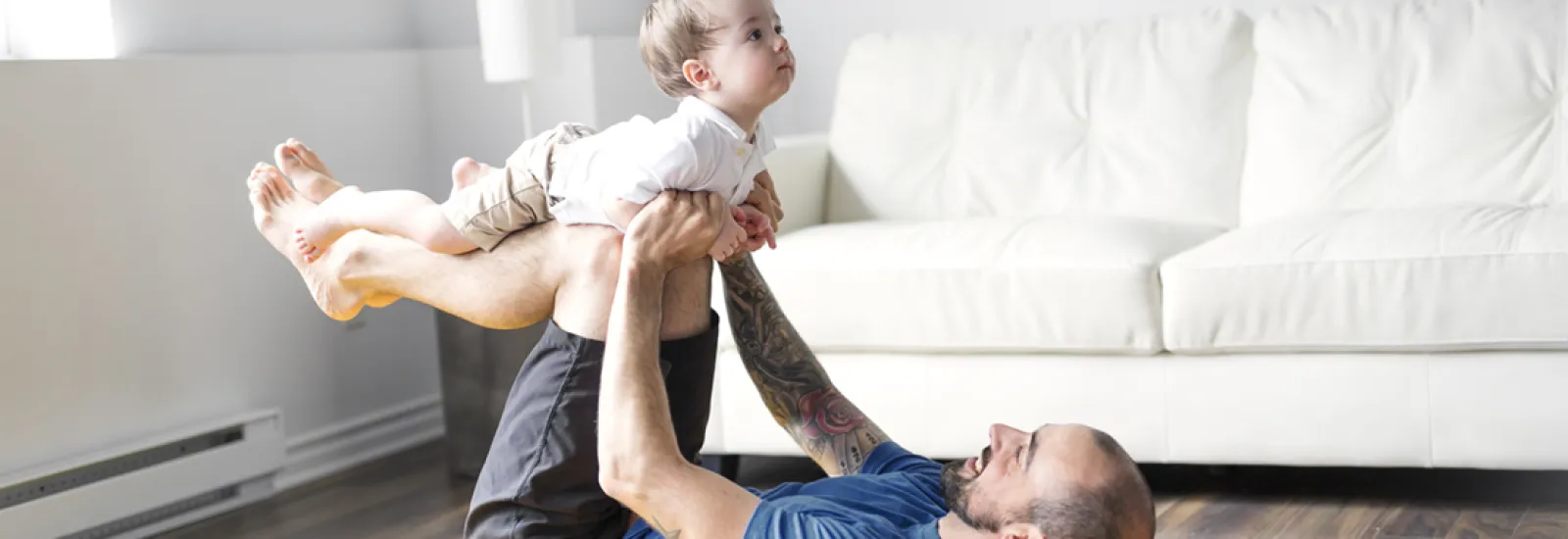
6 Tips for managing anxiety without medication
Occasional anxiety is a normal and expected part of life. The butterflies-in-the-stomach, anxious feeling often precedes things like giving a presentation at work, taking a final exam or making an important decision. Thankfully, the uneasy feeling quickly subsides, and life goes on as usual.
However, for someone with an anxiety disorder, the constant nagging feelings of worry and fear don’t go away, are hard to control, and can even grow worse over time. In fact, these feelings are usually so intense and overwhelming, it becomes hard to function at work, at school and in social settings.
Approximately 40 million American adults, or about 18.1 percent of people in this age group, have an anxiety disorder, according to the American Psychological Association. Thankfully, anxiety is highly treatable and generally involves psychotherapy, medication, or both. People should work closely with their physician to choose the best treatment option.
For those looking to address their anxiety without medication, the following are several mind-body approaches that may be effective:
1. Talk/Psychotherapy: This type of treatment involves working with a therapist to reduce anxiety symptoms. According to Harvard Medical School, behavioral cognitive therapy focuses on teaching specific skills to directly manage fear and worries, with the goal of gradually returning to the activities avoided because of anxiety. Joining a support group also could be helpful.
2. Biofeedback This treatment measures body functions, such as heartbeat or breathing, and then feeds the information back in the form of sounds or lights. This helps you become more aware of your body’s responses and aids in learning how to control those responses using relaxation and cognitive techniques. Different relaxation methods can be practiced while using biofeedback equipment to determine which techniques produce the desired result.

3. Deep breathing: Shallow breathing often feels tense and constricted, while deep breathing produces relaxation. To practice this technique, find a quiet, comfortable place to sit or lie down. Put one hand on your abdomen, just below your belly button. Start by just observing your breath. First take a normal breath, then try taking a slow, deep breath. Feel your abdomen fully expand as you inhale through your nose. Now breathe out through your mouth. Alternate normal and deep breaths several times and notice how you feel when you inhale and exhale normally, and when you breathe deeply. Practice this technique for 15-20 minutes every day.
4. Stay active: Exercise is a great stress reducer and mood enhancer. Start slowly and gradually increase the amount and intensity of activity. The goal is to try to develop a routine involving some kind of physical activity every day. Need something to motivate you? Consider joining the Reid Healthier Wellness Club.
5. Get adequate sleep: Insomnia and disrupted sleep are common complaints of those with anxiety, but getting quality sleep is extremely important for managing it. Try different strategies to see what works best for achieving a good night’s sleep. For example, keep a schedule by going to bed at the same time each night and waking at the same time each morning, even on weekends. If you absolutely must take a nap during the day, take it in the early afternoon and limit it to 30 minutes. Finally, cut off electronic devices 30 minutes before bedtime.
6. Avoid alcohol: Many anxiety sufferers turn to alcohol because it helps them to relax and feel less anxious. However, according to the Anxiety and Depression Association of America (ADAA), alcohol can also increase anxiety, irritability, or depression a few hours later or into the next day. Even moderate amounts of alcohol can affect one’s mood and anxiety level.
Don’t let anxiety, depression or any other emotional or behavioral problem keep you from enjoying life. Contact Reid Psychiatric Services at (765) 983-3050 for more information on how to manage anxiety.

